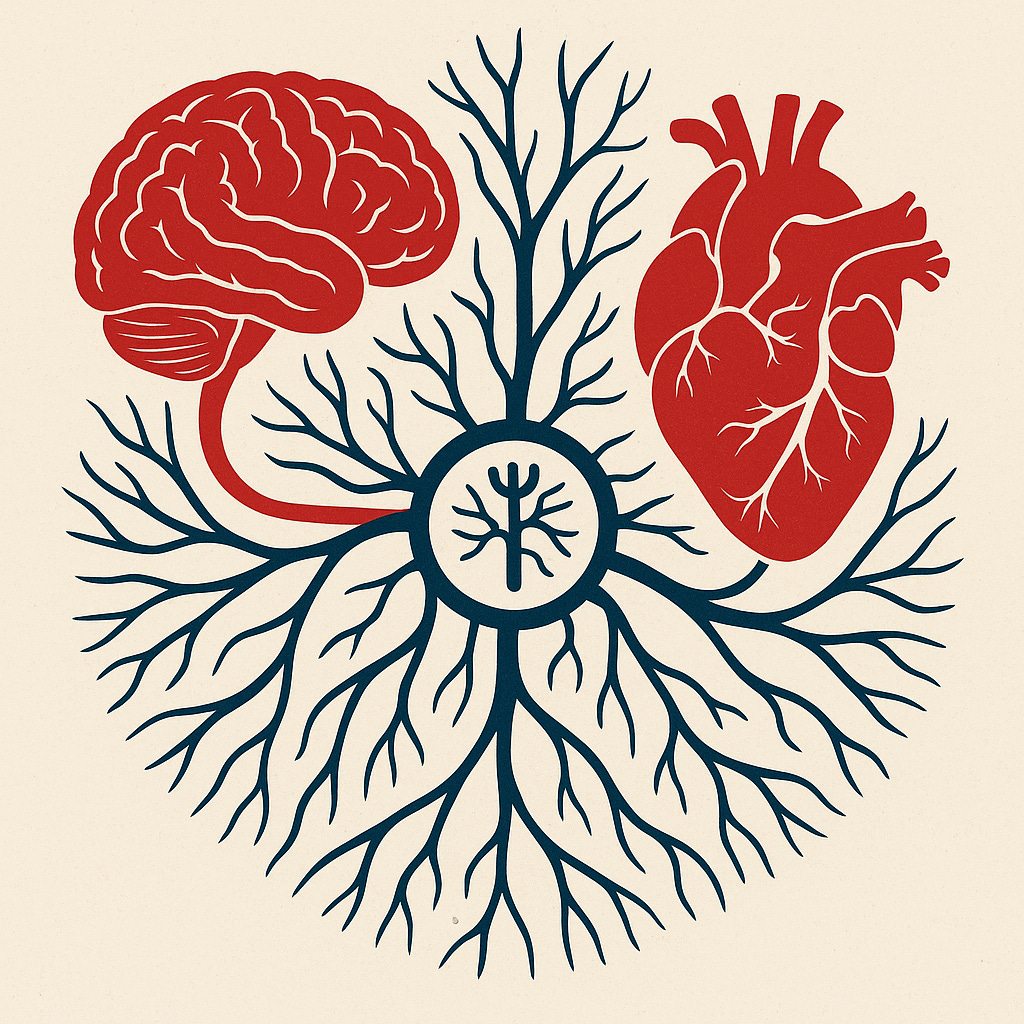Seizures and Heart Disease Show Hidden Two-Way Links in Older Adults
A large population study reveals late-onset epilepsy may signal underlying vascular disease and increased risk of heart attack.
Topline:
A new analysis from the Northern Manhattan Study suggests that late-onset epilepsy (LOE) and heart attacks are connected in both directions. Adults over 40 who experienced a heart attack had double the risk of developing epilepsy later in life, while those who developed epilepsy showed nearly twice the risk of subsequent heart attack and non-str…
Keep reading with a 7-day free trial
Subscribe to Just Healthcare to keep reading this post and get 7 days of free access to the full post archives.


